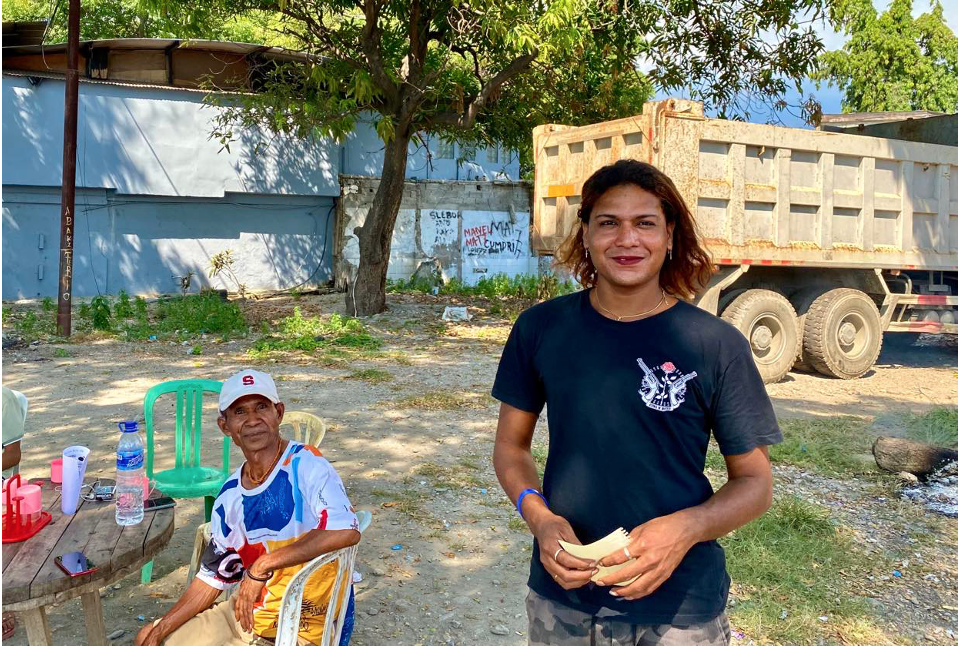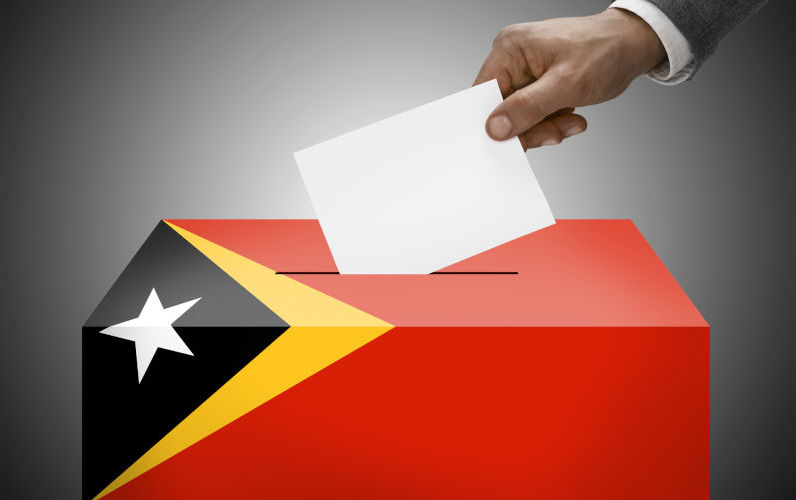It's demoracy time in Timor-Leste, but not everyone shares the fever
May 23, 2023
The streets fall unusually quiet. No local buses blaring pop music, no bikes zipping through toot-tooting their presence. Then you hear it. All the blaring and the toot-tooting multiplied by election fever. It is democracy time in Timor-Leste, and no nation quite does it like this one.
Today, Dili, like the rest of the nation, celebrates Timor-Lestes 21st birthday as an independent nation. And tomorrow, there is a national election to determine the next parliament. It is an exciting time for many, but not everyone shares the democracy fever.
It has been quite an exciting time. The red, black, yellow, and white starred flags have been lining the streets. And there has been a month-long night market with bands and DJs playing every night. The food is delicious, and the atmosphere is electric.
But beneath the surface there is depth here: politics in this, the newest Southeast Asian nation, is a cornerstone of the national identity, and no wonder why. The street graffiti viva Xanana boldly sprawled across the building adjacent to the Palace of Government is still relevant now as it was when written (likely) many years ago. Xanana Gusmo, the national hero who led the country to independence, is very much alive. Alive and looking out over the streets in the form of CNRT Party Flags.
The established Fretilin Partys flag, strikingly similar to the national colours, flutter behind motorbikes and above shop fronts. And then the raft of smaller parties, from the Greens of Timor to the Democratic Party and many more. All vying, larger and louder in the lead-up to the election.
I spoke with three young university students on the outskirts of Dili, Timor-Lestes capital, energised by the election and confident. The right leader will come, and the transformation will also come and everyone will behappy and live free, one told me. Their friend added, we know that someone [who we vote for] will bring the prosperity, he will bring the peace. And help a lot of Timorese people that now are suffering.
But they had their worries too. They cautioned that many politicians like to talk and promise whatever will get them elected without a plan to deliver.
As with the presidential election last year, Timor politics is increasingly having to consider the interests of young people;with some 62 per cent of the population being under 25. Whether the system will accommodate and reflect their interests remains somewhat unknown, but the results on Sunday should give us some clue.
Not everyone shares the excitement for voting time. On a local bus heading out of the city, the election seemed far away. A woman carrying her shopping back from town was less than impressed with the election season and the current politicians.

Two days before the election, I met Joela, who everyone calls Titi; 24 years old from Dili, one of eight siblings and working any job she can get. She is transgender, and when I asked her if she had hopes for the election, she quickly shook her head, no no without a second thought.
For Titi, the election and all the flag-waving might as well have been in another country. She told me that the government hadnt done much to support the LGBT community. Being transgender in Timor-Leste is a struggle against daily and deeply held prejudice and discrimination. She knows the troubles her community faces. And although she has allies, it seems the government is not one.
